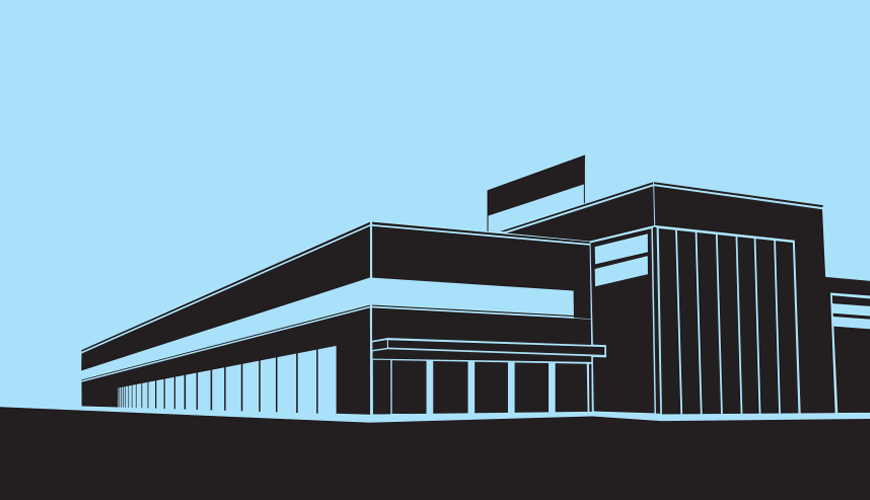The rise of online shopping proved that not every business is suited for modern consumers. Many businesses learned to adapt to changing needs and preferences, but others learned the hard way that they have to offer a really special in-store experience, or else.
The latest store chain to fall victim to the changing tastes of consumers is Sears. According to a recent USA Today article, as news of Sears’ filing for Chapter 11 bankruptcy protection broke, many people took to social media to mourn the store’s closing. The hard fact is — the stores closed because people didn’t shop there!
“If this really did mean so much to you, you’re not shopping there. You’re saying, ‘Why isn’t my product here? I ordered it an hour ago on Amazon Prime,’” said Jason Dorsey, co-founder of the Center for Generational Kinetics.
Psychologists call the phenomenon of remembering only the positive of these outdated stores the “rosy reflection bias.” What people are nostalgic about are often experiences from their youth that makes it all the poignant.
Similar to the outcry upon Toys R Us’ closing, people took Sears’ closing to mean that they were losing a piece of their childhood. Nostalgia expert Andrew Abeyta, a Rutgers University-Camden assistant professor of psychology explained that, “it may not be a longing for Sears, per se, but a longing for the time of going to brick-and-mortar stores or dreaming of things we couldn’t buy or the social experience of going to the store with their families.”
Notably absent from the online retail-inspired therapy sessions are Millennials and Gen Z shoppers.
“It was the perfect storm for Millennials to not have any emotional nostalgia,” explained Dorsey. “If you told them Amazon was going to go away, there might be riots. Sears basically invented the catalog, and yet we have Millennials who don’t even check the mail.”
Though Sears’ time might be up for good, there is still hope for many businesses if they are willing to put in the work to adapt to Millennials’ and Gen Z’s changing consumer needs. It will take the proper research and resources, but there’s a good balance to strike between brick-and-mortar stores and the online shopping experience.
Want to Solve Your Gen Z Challenges?
We lead national and international Gen Z, Millennial, and generational studies for our clients every day. We also keynote events around the world, helping businesses better understand their customers and workforce.
Let us know how we can help you. Send us an email or give us a call and we’ll be happy to provide a little information for you to review.
Keep the conversation going. Follow The Center on Instagram @TheGenHQ or on Twitter @GenHQ. We are passionate about sharing our latest generational discoveries!

